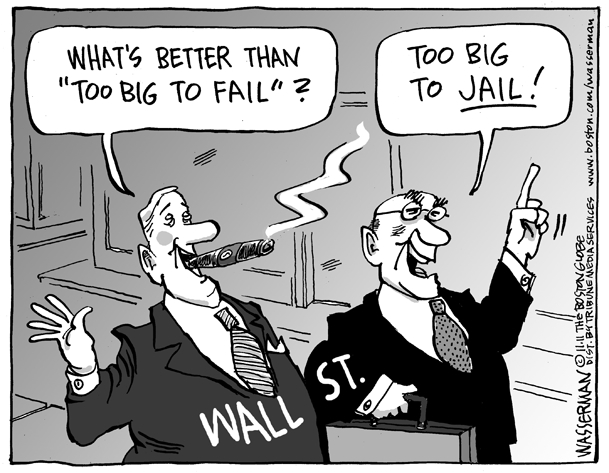Probably the first public indication that things were heading downhill for Lehman wasn’t until June 9th, 2008, when Fitch Ratings cut Lehman’s rating to AA-minus, outlook negative.
The “negative outlook” indicates that another further downgrade is likely. In this particular case, it was the understatement of all time.
So we have the people for whom collapse is a means of claiming unearned power, the people for whom it’s a blank screen on which to project an assortment of self-regarding fantasies, and the people for whom it’s an excuse to do nothing in the face of a challenging future. All three of those are popular gimmicks with an extremely long track record, and they’ll doubtless all see plenty of use millennia after industrial civilization has taken its place in the list of failed civilizations. The only problem with them is that they don’t happen to provide any useful guidance for those of us who have noticed that collapse isn’t merely a rhetorical gimmick meant to get emotional reactions—that it’s something that actually happens, to actual civilizations, and that it’s already happening to ours.
In most corners of the world, deflation is currently a far bigger concern than inflation, let alone hyperinflation. The typical central banker has to worry about having too little power to influence wages and prices, not too much. Governments do have the capacity to create Zimbabwe-style hyperinflation through deficit spending, but that requires far more excess than any halfway decent political system will allow.

Instead of imposing devastating austerity measures and bailing out its banks, Iceland let its banks go bust and focused on social welfare policies. It has now repaid 85% of UK claims. When the global economic crisis hit in 2008, Iceland suffered terribly—perhaps more than any other country. The savings of 50,000 people were wiped out, plunging Icelanders into debt and placing 25% of homeowners in mortgage default. Now, less than a decade later, it will become the first European country that faced collapse to beat its pre-crisis peak of economic output. The IMF declared that Iceland had achieved economic recovery 'without compromising its welfare model' of universal healthcare and education.
the TPP would steer member states towards pro-business, anti-consumer healthcare policies.It would crush the public health system of New Zealand and Australia. It would restrain governments' abilities to provide healthcare and medicine to citizens.
Top Weekly Ideas and Insights

The Extinction Debate


